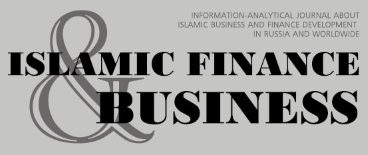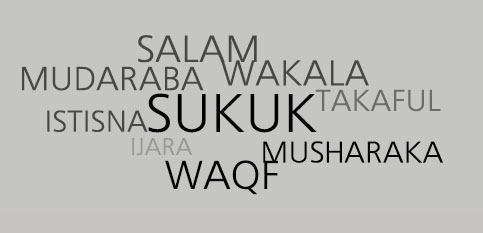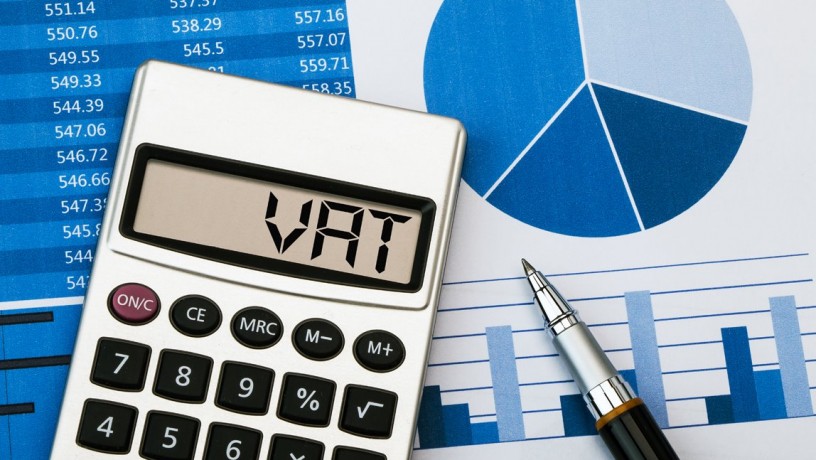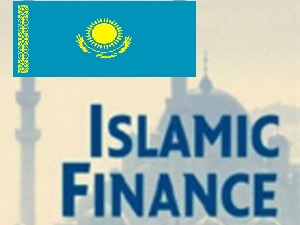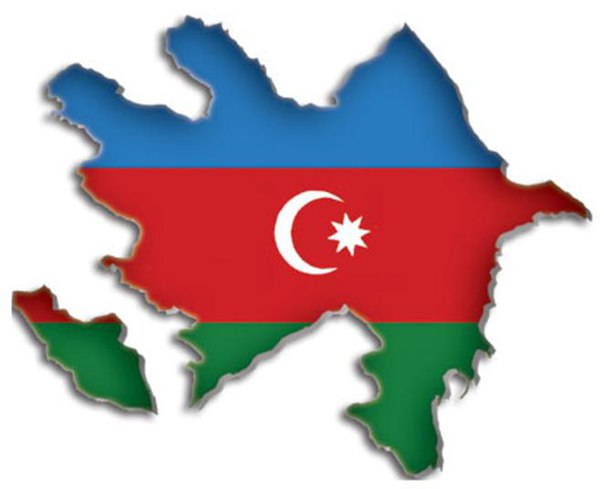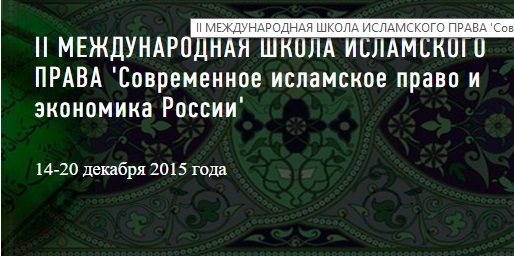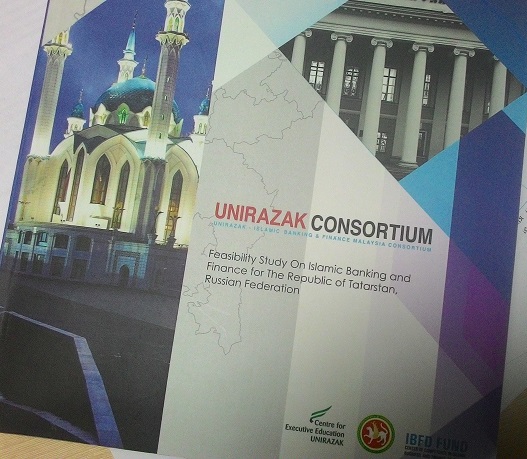Islamic banking is one of the fastest growing segments in the financial industry, tracking a 10-15% growth over the past decade. Globally, Islamic banking assets are estimated to grow around 15% a year to $1 trillion by 2016, according to the IMF.
Islamic banking is one of the fastest growing segments in the financial industry, tracking a 10-15% growth over the past decade. Globally, Islamic banking assets are estimated to grow around 15% a year to $1 trillion by 2016, according to the IMF.
The high growth rate seen in Islamic banking is attributable to increasing demand from Muslims, growing oil revenues in the Middle East countries, and the attractiveness of Shariah-compliant financial services to non-Muslim investors seeking "ethical" banking practices.
Islamic banking now forms a significant part of the global economic picture with presence in 75 countries. The Middle East accounts for nearly 60% of global Islamic banking assets, with the top three banks Al Rajhi bank, Bank Saderat Iran, and Kuwait Finance House accounting for a major share.
While the Middle East continues to be the nerve center, the Malaysian financial sector has strengthened its position to emerge as a key Islamic finance powerhouse. The success in Malaysia underscores the importance of implementing strong regulatory support, building scale and engaging conventional banks, and establishing supporting financial institutions.
Outside the Islamic world, the United Kingdom has emerged as the epicenter for Shariah-compliant finance. When HSBC Holdings (HBC) offered Islamic equivalent mortgages in 2004, nearly half the customers were non-Muslims, attracted by the competitive pricing compared to conventional interest-based financing.
Birmingham-based Islamic Bank of Britain is the first Islamic retail bank in a non-Islamic country. Other financial institutions initiated Islamic windows in the U.K. after operating for several years in Muslim countries.
Citigroup (C) launched Islamic banking operations in 1981 and has arranged Islamic transactions in Europe, Asia, Latin America, Africa and the Middle East. In June 2006, Deutsche Bank(DB) announced a joint venture with Bahrain's Ithmaar Bank and Dubai's Abraaj Capital. UBS(UBS) has Islamic finance operations in the Middle East as well.
Islamic banking is governed by the principles of Shariah. The most prominent aspect of this banking system is the fundamental aim of fostering equitable wealth distribution as opposed to wealth accumulation. Accordingly, banks that comply with Islamic law are forbidden to charge interest. The premise of "Profit and Loss Sharing" that forms the backbone of Islamic financial fundamentals differentiates it from conventional banking, and it will take a while for the model to find its way into mainstream banking.
Islamic banking is perceived as a more controlled -- and potentially safer -- approach to managing financial assets. Reaffirming this belief was the fact that these banks were less affected by the recent financial crisis vis-à-vis conventional banks. Nonetheless, the impact on Islamic banks was more pronounced during the later stages of the crisis.
Over the past three years, leading Islamic bank Al Rajhi bank gained around 4.4%, while Kuwait Finance House lost around 41.9%. In comparison, Citigroup and Bank of America(BAC) plunged 91.5% and 72.5%, respectively during the same period.
Source:www.thestreet.com
 Contacts |
Contacts |
 Русский
Русский

